How email filters can improve malware protection
Spam has been around since the earliest days of email. While many spam messages are poorly written and reek of malicious intent, others are less conspicuous. Cyber-criminals can slyly embed malware and ransomware into emails that can do serious damage if opened.
Fortunately, today’s email filtering systems do an excellent job at finding and isolating these messages. Here we’ll examine the details of email filtering and why they should never be taken for granted.
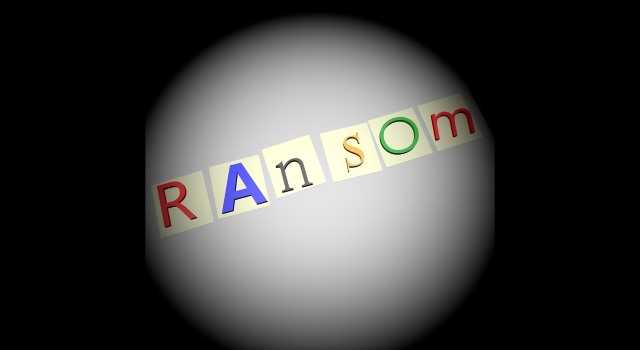
2016: 'The year of ransomware'
Ransomware attacks aren't new, but 2016 saw them increasing in frequency and sophistication as cyber criminals see a lucrative revenue opportunity.
UK-based Technology Services Group has produced an infographic that looks at ransomware’s rapid rise.
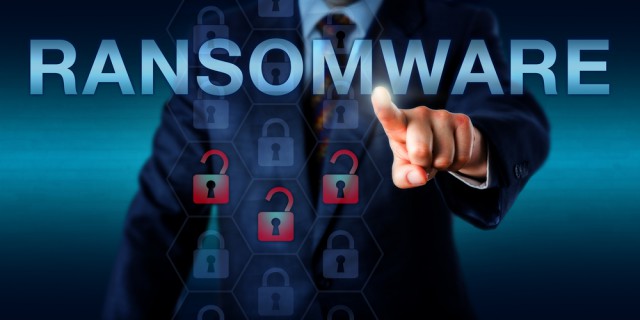
Druva launches improved ransomware protection for enterprises
Ransomware is a big problem for today's enterprises, the US Department of Justice reports an average of 4,000 ransomware attacks occur in the US every day.
This means detection and fast action is more important than ever. Cloud data protection company Druva is launching an enhanced version of its platform to manage the ransomware threat from detection right through to recovery.

2016's top malware threats show a shift in attack patterns
The methodology of malware and cyber attacks has shown a significant shift in 2016, according to the State of Malware report from Malwarebytes.
Although ransomware is the favorite attack method used against business, ad fraud malware is growing fast and poses a substantial threat to both consumers and businesses.

The effect of cybercrime on businesses and consumers
Here we are, at the end of the first month of a new year and where are we? Well, I guess that very much depends on who you are. If you're a hacker, then things are looking good for you. If you're a consumer, the evidence suggests you won't be fooled twice, but is that good enough? And if you're a business, you've got the same security problems as last year but with enhanced threats from hackers and careless employees as well as enhanced expectations from consumers.
So, exactly what is happening in today's security world and what does it mean for you?

UK health trusts hit by ransomware attacks
The UK's National Health Service is being targeted by ransomware according to a new study which shows that 30 percent of NHS Trusts have suffered an attack, potentially placing patient data and lives at risk.
The findings come from a Freedom of Information Act study conducted by endpoint security company SentinelOne. It submitted FOI requests to 129 NHS Trusts, of which 94 responded.

Even ransomware stops for Christmas
An 81 percent drop recorded in Locky ransomware infections in December is thought to be down to the cyber criminals behind the malware taking a Christmas break.
Threat prevention company Check Point recorded the big drop in Locky infections as part of an eight percent overall decrease in the number of recognized malware attacks on organizations in December.
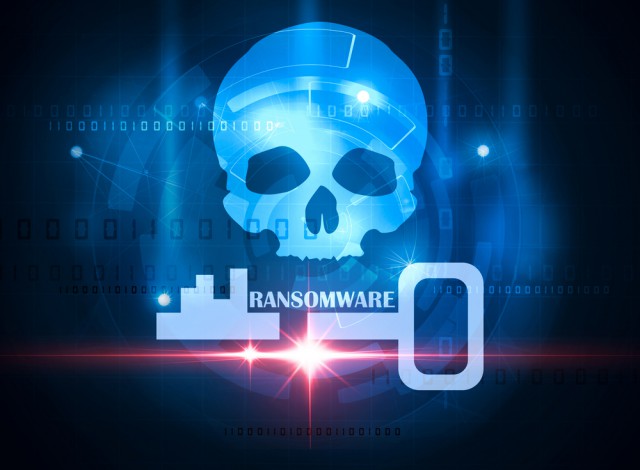
European businesses are not ready for ransomware attacks
Ransomware was the number one way hackers attacked businesses in 2016, a new report by Radware confirms. Entitled Global Application and Network Security Report 2016-2017, it says 49 percent of European businesses confirmed cyber-ransom as the biggest motivator last year.
That basically represents a 100 percent increase compared to a year before, when it stood at 25 percent.
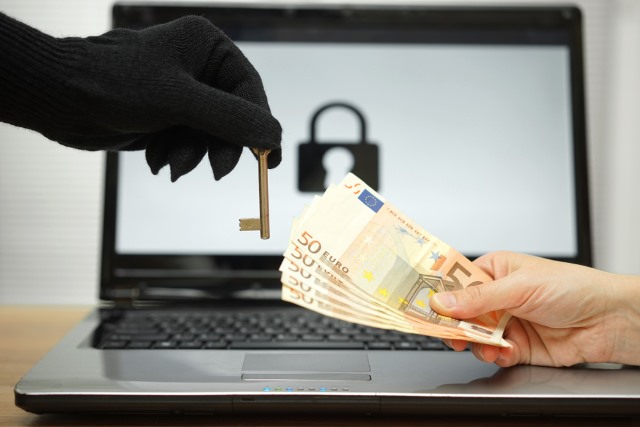
Ransom is the #1 motivation behind cyber attacks
A new report from cyber security and application delivery company Radware reveals that almost half of businesses (49 percent) say they’ve been the subject of a cyber-ransom campaign in 2016.
Ransom was the top motivation behind cyber-attacks they had experienced according to 41 percent, followed by insider threats (27 percent), political hacktivism (26 percent), and competition (26 percent).

How to find out if your PC is vulnerable to ransomware
Ransomware is the nastiest form of malware there is. It encrypts your files and demands a ransom to release them. While you can remove the threat, doing so will often leave your files locked, with no way to recover them.
There are a number of decryptors available, and plenty of anti-malware products promise to keep your system safe, but how do you know if you’re truly protected? Well, exposing your system to ransomware would be one crazy way of finding out, but there’s a much simpler and safer method.

Ransomware set to increase in 2017
Ransomware has been one of the major threats faced by both businesses and individuals in 2016 and many security analysts don't see it going away any time soon.
Threat intelligence specialist Recorded Future echoes that view and believes we’ll see more attacks aimed at shaming the victims.

South Carolina government eyes a porn block on new computers
On a day that we expect to see the repeal of North Carolina's controversial passage of House Bill 2, which cost the state millions of dollars in lost revenue thanks to performers cancelling concerts, businesses moving out and the NBA changing the venue for its All-Star game, we have one more state looking for a problem where one doesn't exist.
A representative in the state of South Carolina wishes to place a porn block on all new computers sold within its boundaries.
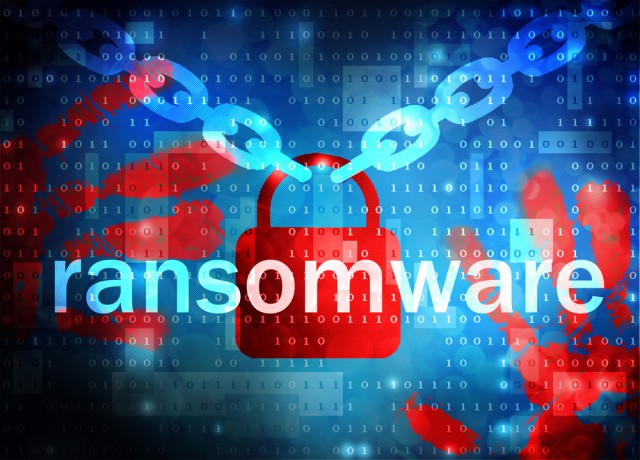
Ransomware gets into the Christmas spirit with a festive discount
Christmas is a time of goodwill and it seems that the people behind the CryptXXX ransomware aren't immune as they're offering a seasonal discount for victims who intend to pay up.
Researchers at data security company Forcepoint have discovered that where previously, victims infected with CryptXXX, also known as UltraCrypter were asked for a payment of 1.2 Bitcoin, in keeping with the season of goodwill, the cyber criminals are now offering decryption at a Christmas discount.

70 percent of businesses are willing to pay up for ransomware
We've already seen this week that ransomware is an increasingly popular attack method. The fact that it's a profitable activity for cyber criminals is underlined today by a new report from IBM Security which reveals that 70 percent of businesses pay up to regain access to their data.
This puts criminals on target to make nearly $1 billion in 2016 from their use of the malware. Indeed, the report shows that ransomware made up nearly 40 percent of all spam e-mails sent in 2016, up from less than 0.6 percent in the previous year.

November saw a spike in ransomware attacks
Ransomware remains a major threat with attacks using Locky and Cryptowall both increasing by 10 percent in November compared with the previous month.
The latest report from threat prevention specialist Check Point based on its Global Threat Index shows the number of active malware families and number of attacks remain close to an all-time high thanks to continued relentless attacks on business networks.
